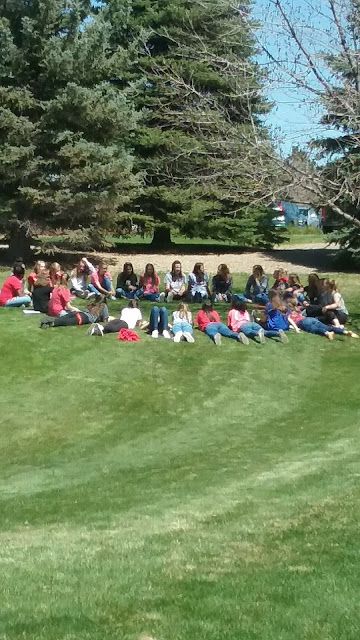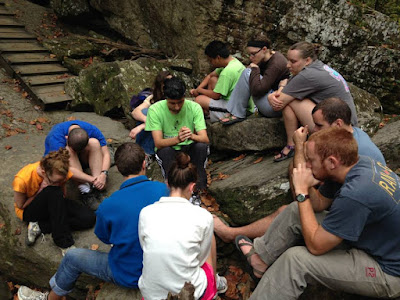Faith, Science, and Departmentalization: Part Two

Father Greg Boyle is the president of Homeboy Industries. Of you don’t know about Homeboy Industries, it is a business and ministry that “provides hope, training, and support to formerly gang-involved and previously incarcerated men and women…” Father Greg describes how one of the biggest obstacles in their work is convincing the greater community that these current, transitioning, or former gang members are, in fact, people who Hope to be more than what the gang image tells the world. The preconceptions exist even in the various businesses that Homeboy Industries runs. He tells stories of men or women from rival gangs having to work together. At first, all they know about the other is that they are a rival. The entire Truth of their new coworker is condensed into a gang name or a color or any number of surface or material Truths. It is easy to vilify or hate someone if they are just a “color” or a label. But as they grow in relationship with each other…as they share in
